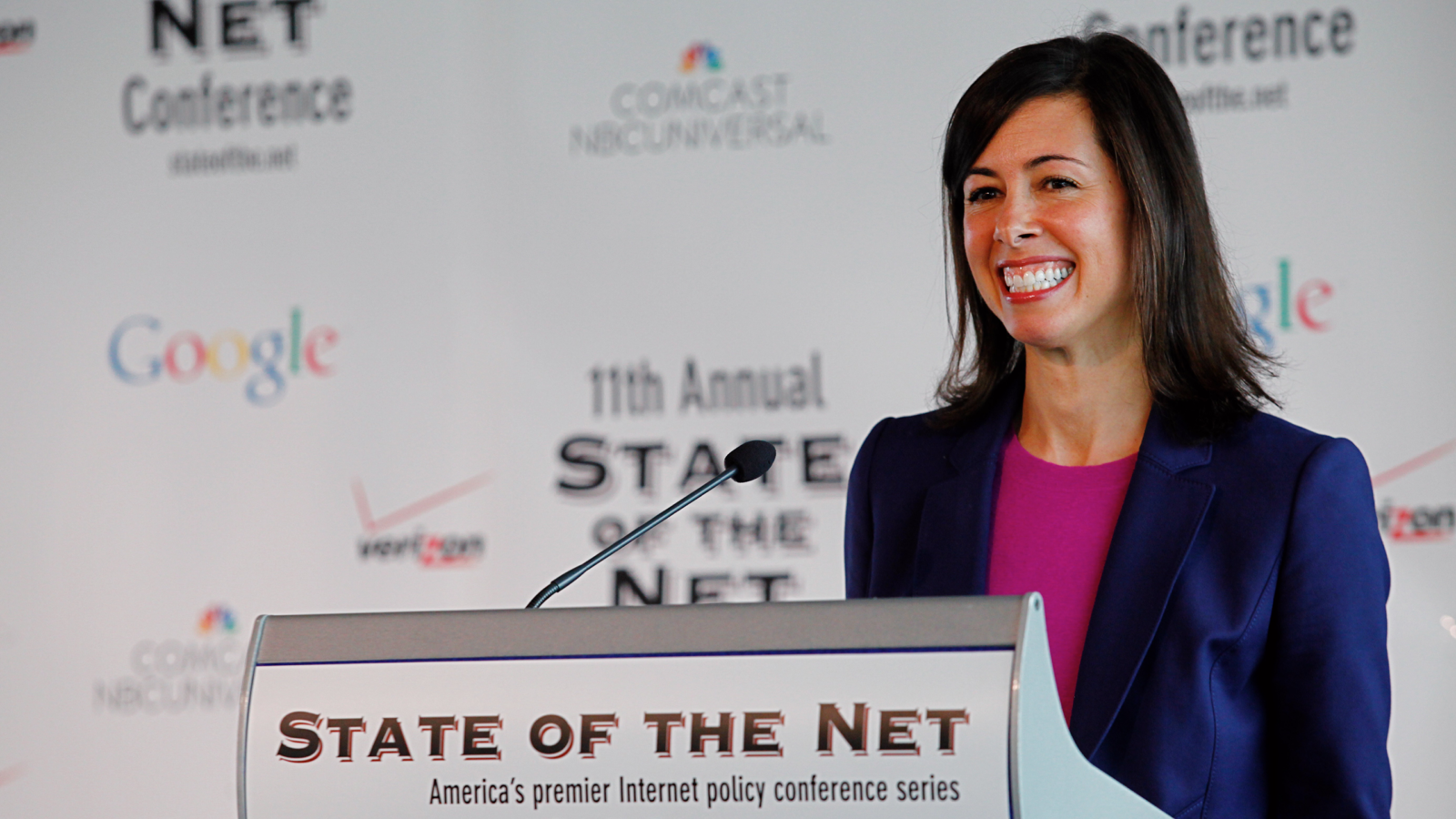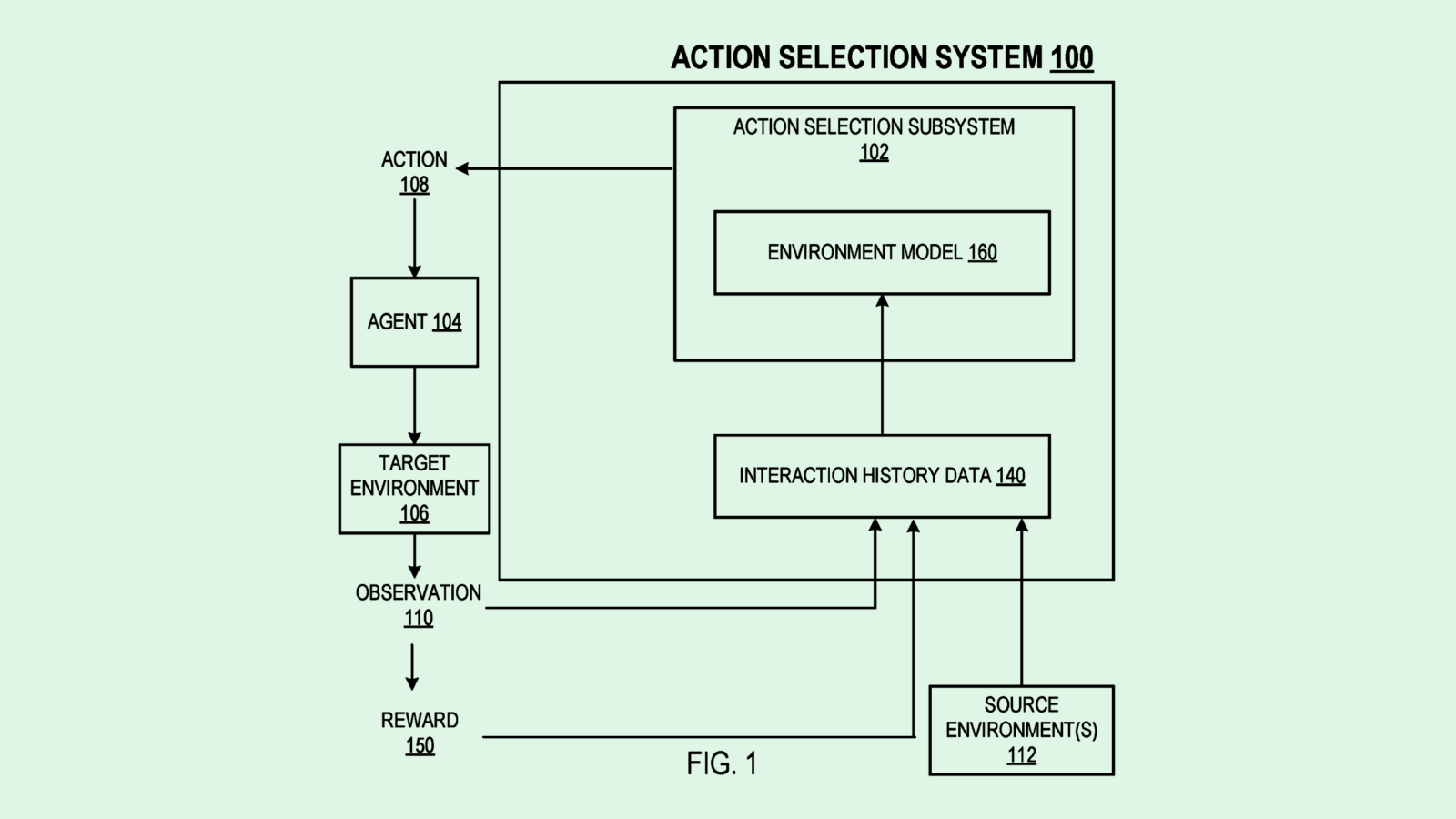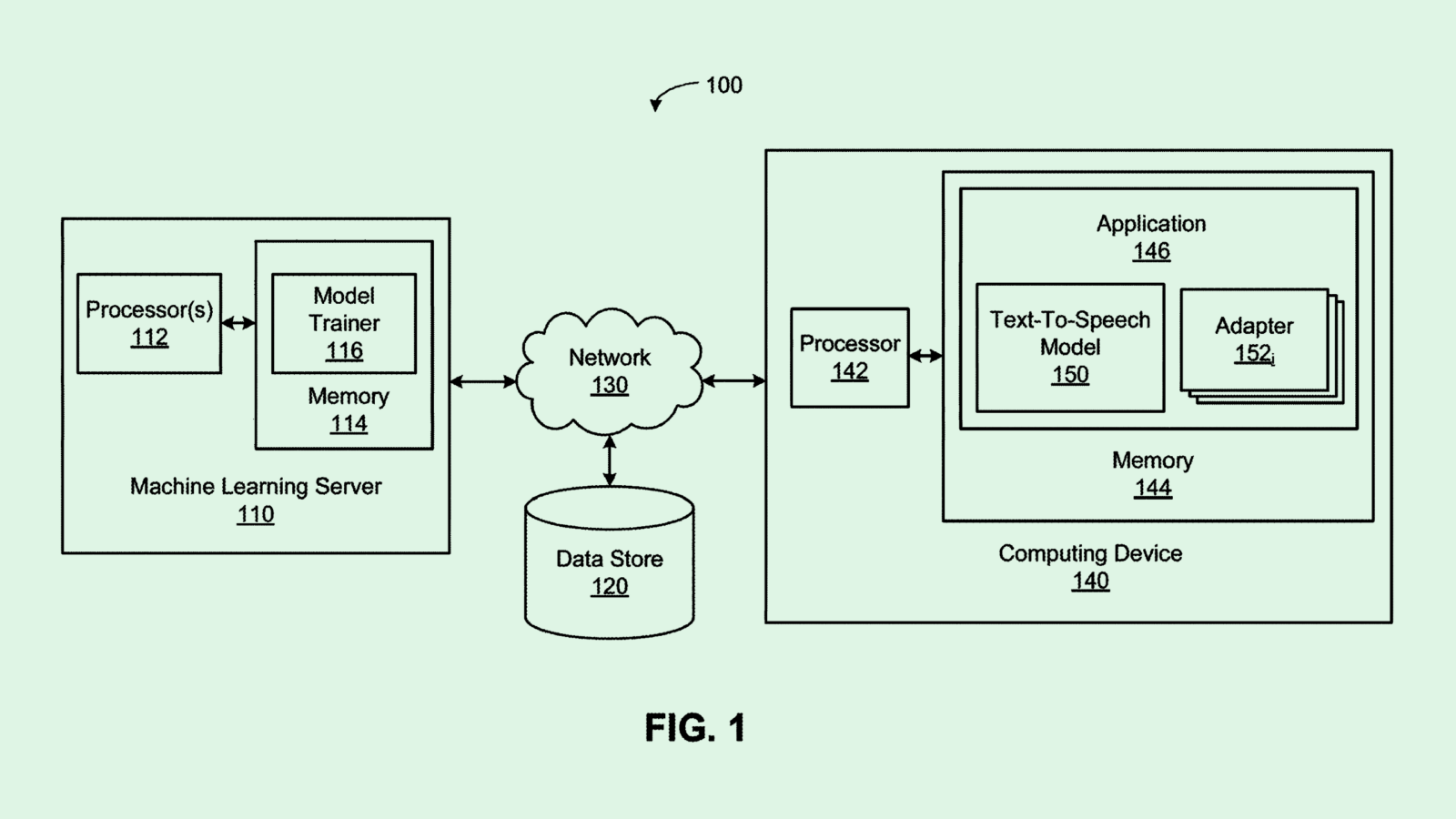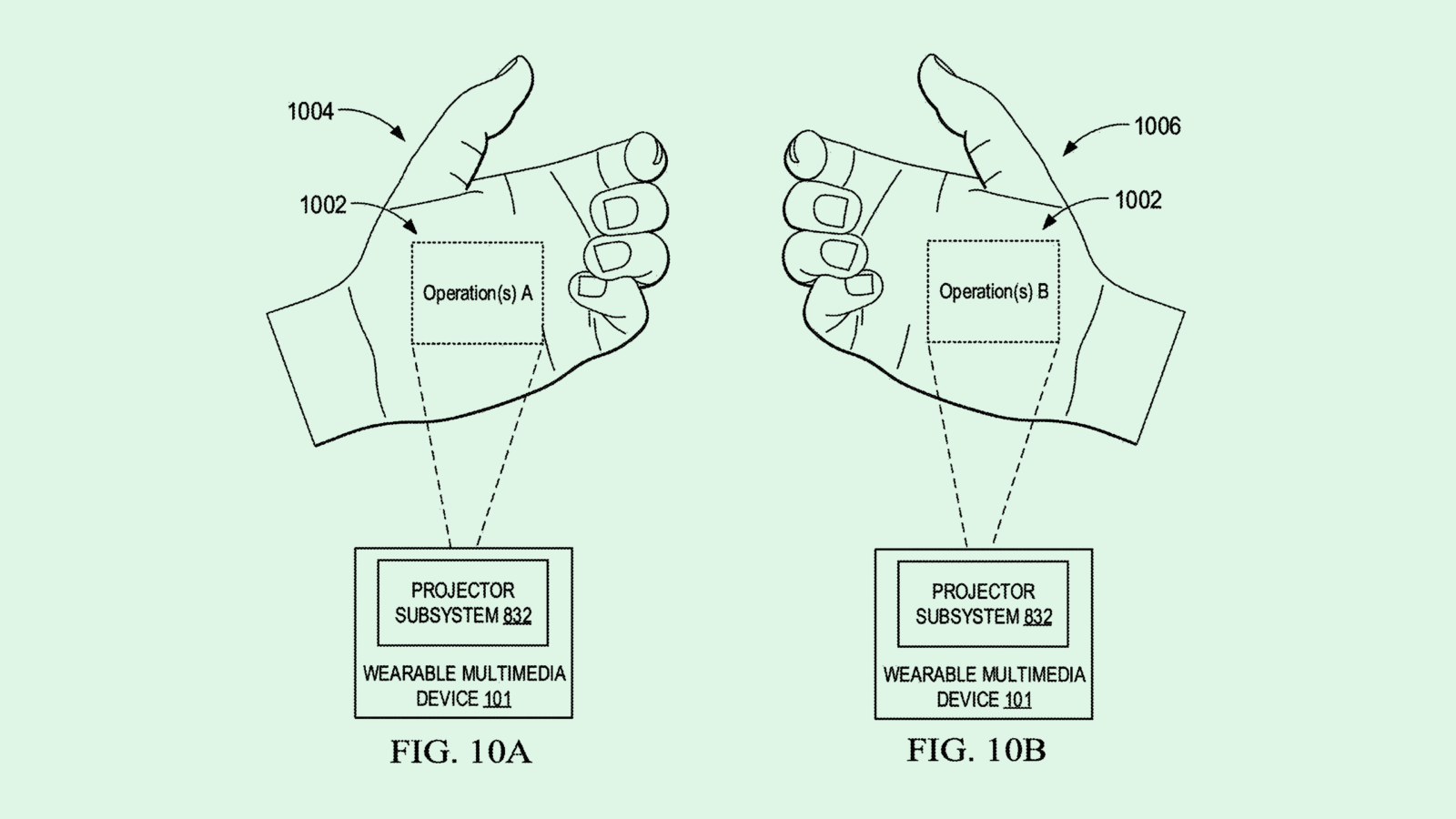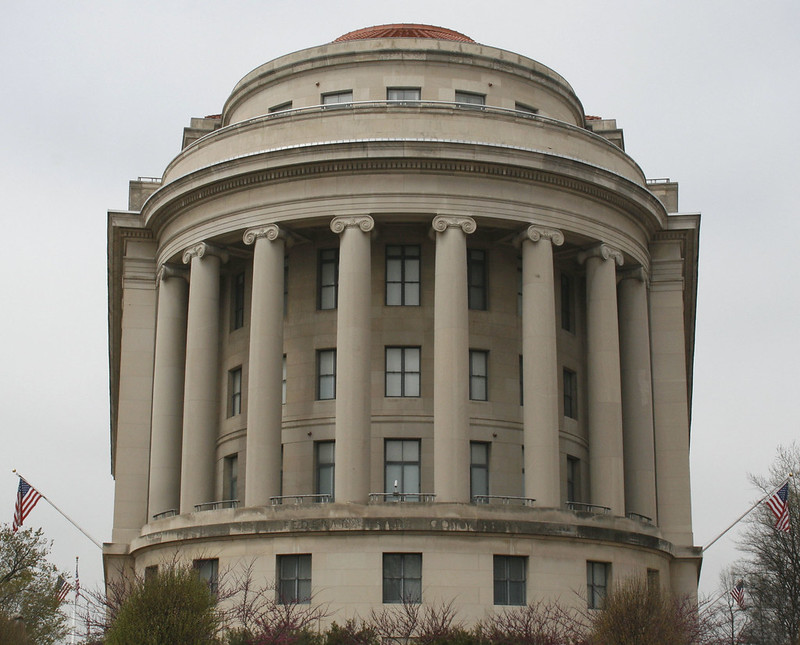
Sign up for smart news, insights, and analysis on the biggest financial stories of the day.
Big Pharma needs an antitrust antidote.
The Federal Trade Commission and its hard-nosed chair Lina Khan have struck again, this time filing a lawsuit in federal court on Tuesday to halt biotech giant Amgen’s $28 billion blockbuster acquisition of Horizon Therapeutics. Consider it a black box warning for the industry’s M&A-dependent business model in a newer, tougher antitrust world.
Doctor Khan’s New Orders
It’s been over a decade since the FTC moved to block a pharma deal of this scale. The previous status quo of lax regulatory oversight saw both pharma giants and biotech startups grow well-versed in (if not entirely reliant on) an M&A environment that bolstered legacy pipelines and offered frothy liquidity events for PhD-packing founders. And while the agency’s lawsuit targets Amgen and Horizon specifically, claiming the deal could allow Amgen to “entrench monopoly positions,” it doubled as a loud and clear message to the rest of the industry: That old status quo? We’re about to smash it into bits.
“Rampant consolidation in the pharmaceutical industry has given powerful companies a pass to exorbitantly hike prescription drug prices, deny patients access to more affordable generics, and hamstring innovation in life-saving markets,” FTC Bureau of Competition director Holly Vedova said in a statement.
The sector is now picking up plenty of clues as to which types of deals could face similar oversight moving forward:
- The bigger the deal, the higher the risk of FTC scrutiny. Deals between $20 billion and $50 billion are now most likely to attract the FTC’s attention, according to a Wells Fargo analyst note seen by Bloomberg.
- That would place Pfizer’s $43 billion deal to acquire cancer drugmaker Seagen, struck just in March, in the danger zone. On the other hand, Merck’s nearly $11 billion deal for Prometheus, agreed to about a month ago, is a relatively safe bet to avoid government interference.
Though Amgen’s current portfolio and Horizon’s suite of drugs lack the traditional regulatory red flag of significant overlap, the agency says it is concerned that the new-look Amgen could force drug buyers to pay outsized prices for Horizon’s products. Highlighted in particular are gout-treatment Krystexxa and thyroid disease-treatment Tepezza, both of which have little market competition and cost hundreds of thousands of dollars yearly.
Buy the Dip? Unsurprisingly, the lawsuit sent chills across the entire industry; the SPDR S&P Biotech ETF, for example, dropped 3.4% Tuesday morning. But Khan and Co.’s antitrust eyes have proven more than once to be bigger than their stomachs — look no further than the FTC’s recent retreat from its lawsuit attempting to block Meta from acquiring VR game studio Within Unlimited. Jefferies analyst Akash Tewari sees the lack of commercial overlap between Amgen and Horizon drugs as evidence that the FTC may be overstepping. “[Khan’s] not shy about bringing forth cases,” he wrote. “But winning them is another matter.”
